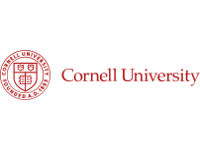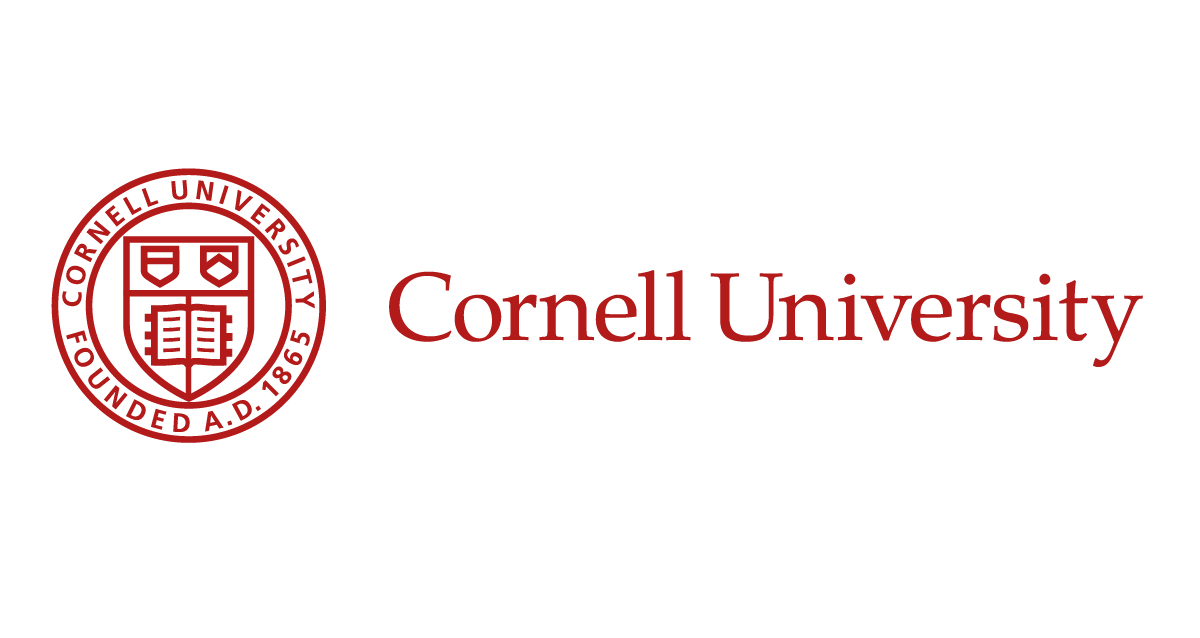
REU Program Summer 2024 (June 4 - August 9, 2024)
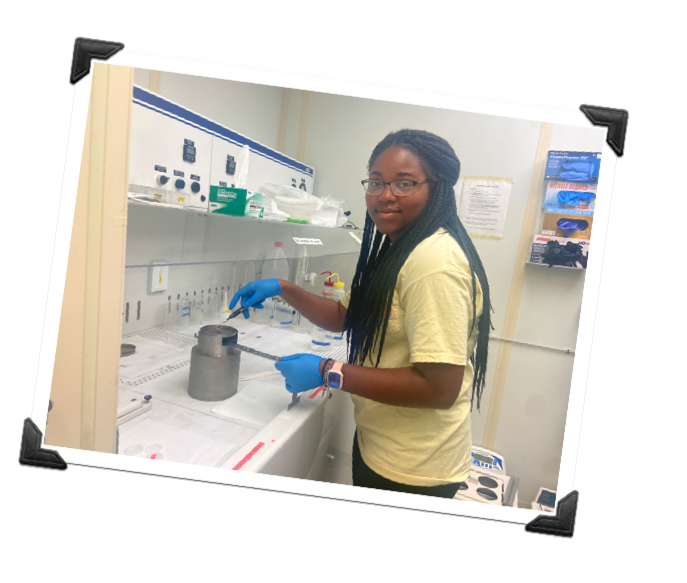 Research Experiences for Undergraduates (REU)
Research Experiences for Undergraduates (REU)
NSF funds a large number of research opportunities for undergraduate students through its REU Sites program. An REU Site consists of a group of ten or so undergraduates who work in the research programs of the host institution. Each student is associated with a specific research project, where he/she works closely with the faculty and other researchers. Students are granted stipends and, in many cases, assistance with housing and travel. Undergraduate students supported with NSF funds must be citizens or permanent residents of the United States or its possessions. An REU Site may be at either a US or foreign location.
By using the web page, Search for an REU Site, you may examine opportunities in the subject areas supported by various NSF units. Also, you may search by keywords to identify sites in particular research areas or with certain features, such as a particular location.
Students must contact the individual sites for information and application materials. NSF does not have application materials and does not select student participants. A contact person and contact information is listed for each site. (Ref. https://www.nsf.gov/crssprgm/reu/ )
PARADIM, the Platform for the Accelerated Realization, Analysis, and Discovery of Interface Materials, is a new national user facility at Cornell dedicated to the discovery and fabrication of materials with unprecedented properties that do not exist in nature. Each year we invite selected interns interested in not only growing new materials targeted by PARADIM users, but also in optimizing and improving the techniques used to grow, characterize, and provide theoretical guidance leading to their discovery and optimization. Molecular-beam epitaxy (MBE) and MOCVD (metal-organic chemical vapor deposition) are state-of-the-art thin film growth techniques with atomic precision, and we have unique systems with world class capability. Electronic and structural properties are characterized at PARADIM using angle-resolved photoemission spectroscopy (ARPES), x-ray diffraction (XRD), and transmission electron microscopy (TEM). Specifically, PARADIM REU students will use first principles techniques to provide theoretical guidance in the design of oxides and chalcogenides, they will synthesize oxides and chalcogenides in thin film form using MBE and MOCVD, they will characterize them using ARPES and XRD, and they will improve PARADIM hardware and capabilities.
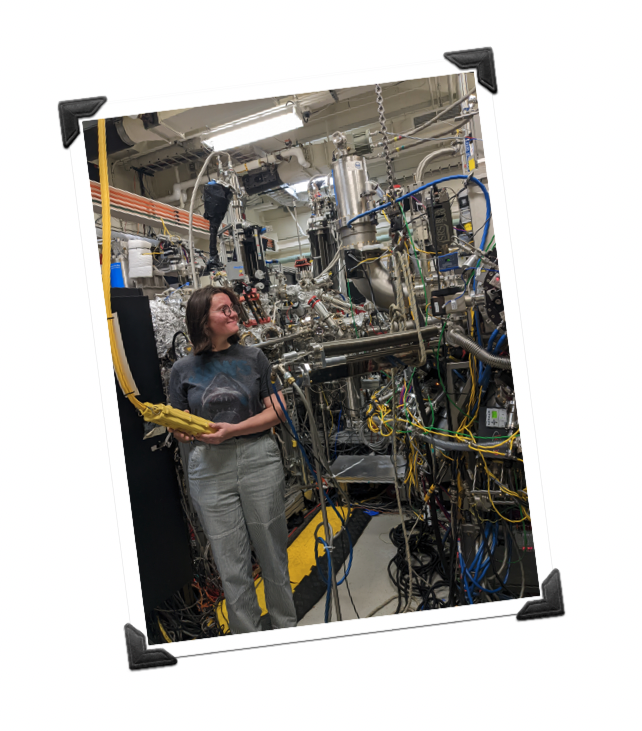 The PARADIM REU Program is designed to give undergraduate students an introductory research experience in the growth, structural/electrical characterization, or use of first-principles theory relevant to thin films of transition metal oxides or chalcogenides currently being researched as next generation electronic materials within PARADIM. These projects include improving the techniques available within PARADIM to grow and characterize materials. Students selected will work on an independent research project using the advanced resources available in PARADIM facility labs and the facilities of the Cornell Center for Materials Research (CCMR).
The PARADIM REU Program is designed to give undergraduate students an introductory research experience in the growth, structural/electrical characterization, or use of first-principles theory relevant to thin films of transition metal oxides or chalcogenides currently being researched as next generation electronic materials within PARADIM. These projects include improving the techniques available within PARADIM to grow and characterize materials. Students selected will work on an independent research project using the advanced resources available in PARADIM facility labs and the facilities of the Cornell Center for Materials Research (CCMR).
Projects are scaled to be challenging yet achievable within the program’s time frame. The program runs early June through mid-August. This introduction to a scientific research career will culminate with a convocation held jointly with the REU students from the Cornell NanoScale Facility (CNF) where each intern will give a final presentation. Interns also write a two-page report, due on at the end of the program, that will be posted on the PARADIM website.
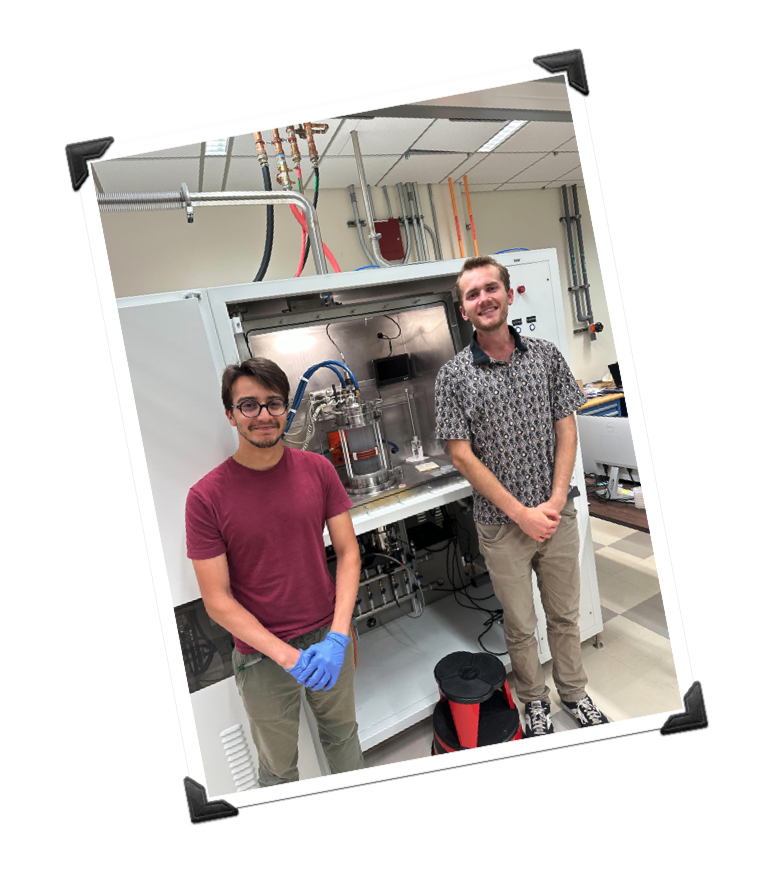 PARADIM REU interns receive a $6,000 stipend and housing, and up to $500 in qualified travel expenses. There are social gatherings and reasonably priced bus trips to NYS and Niagara Falls (optional/not a part of your financial package) designed to help you meet and make friends with the other ~100 REU students at Cornell. While we do not provide a meal plan, a great deal of free food is regularly available!
PARADIM REU interns receive a $6,000 stipend and housing, and up to $500 in qualified travel expenses. There are social gatherings and reasonably priced bus trips to NYS and Niagara Falls (optional/not a part of your financial package) designed to help you meet and make friends with the other ~100 REU students at Cornell. While we do not provide a meal plan, a great deal of free food is regularly available!
Student Code of Conduct (Cornell)
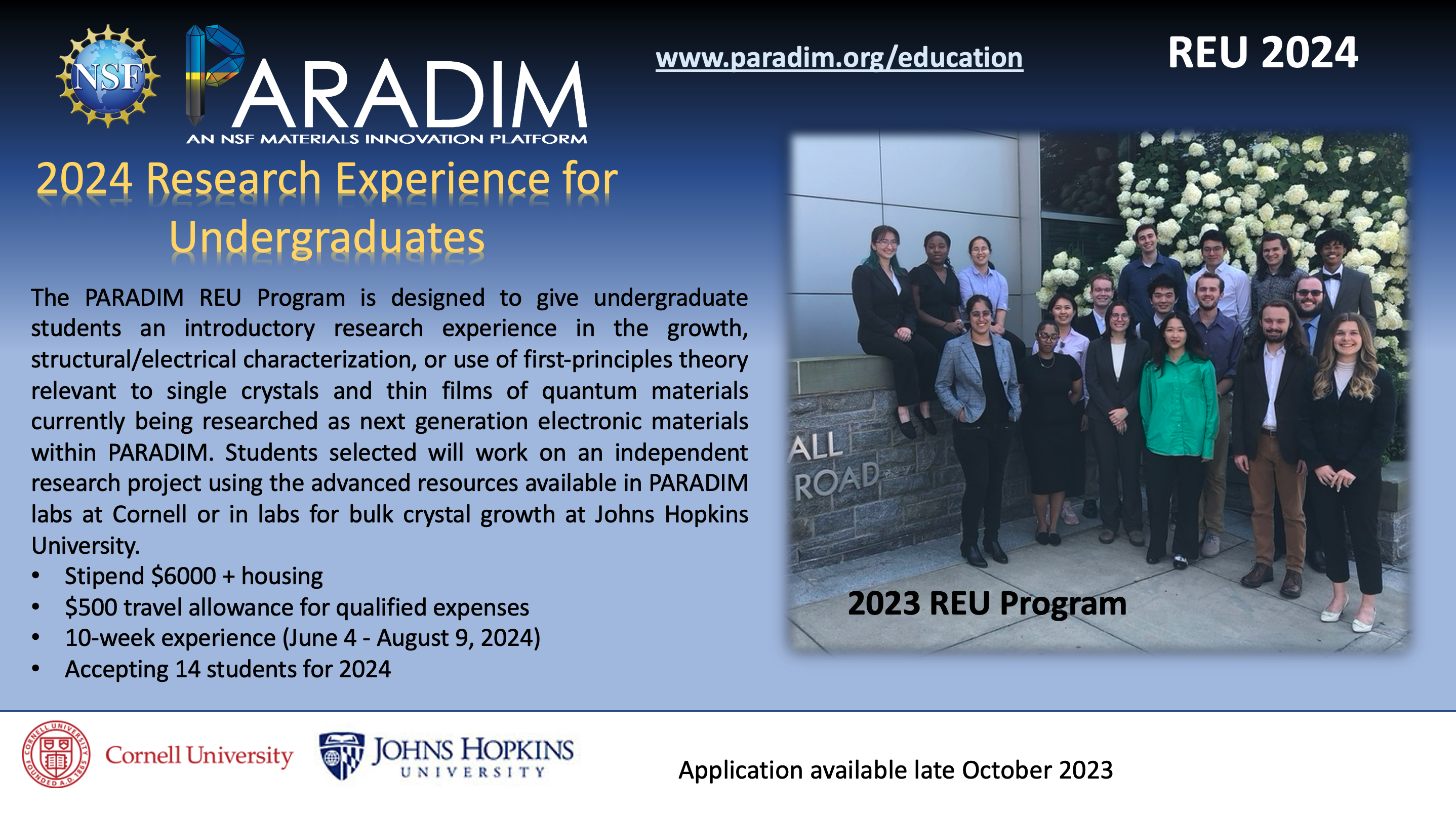
Application for 2024

PARADIM will offer 14 REU positions in 2024. (10 at Cornell, 4 at Johns Hopkins)
REU projects descriptions (2016-2023)
REU participants (2016-2023)
2024 REU research project descriptions
2024 PARADIM REU APPLICATION DEADLINES
ONLINE APPLICATION DEADLINE:
Friday, February 2, 2024 (5:00 p.m. Pacific, 8:00 p.m. Eastern)
ONLINE RECOMMENDATION DEADLINE:
Friday, February 9, 2024 (5:00 p.m. Pacific, 8:00 p.m. Eastern)
ALL APPLICATION MATERIALS DEADLINE:
Friday, February 23, 2024 (5:00 p.m. Eastern)
AWARD PROCESS BEGINS:
Monday, March 11, 2024 (via Email)
FINAL DECISION:
Wednesday, April 3, 2024
PROGRAM DATES:
Tuesday, June 4, 2024 thru Friday, August 9, 2024
Questions? Contact: James Overhiser, PARADIM Education and Outreach Director [email] jlo34@cornell.edu
The PARADIM Materials Discovery REU program is open to U.S. citizens and permanent residents. To be eligible, applicants must be enrolled at a two- or four-year college or university. We especially encourage rising sophomores, students at community colleges or other institutions that have limited research opportunities, and “non-traditional” students (e.g., first-generation college attendees, veterans, older students) to apply.
Every registered student must be vaccinated and upload proof of vaccination.
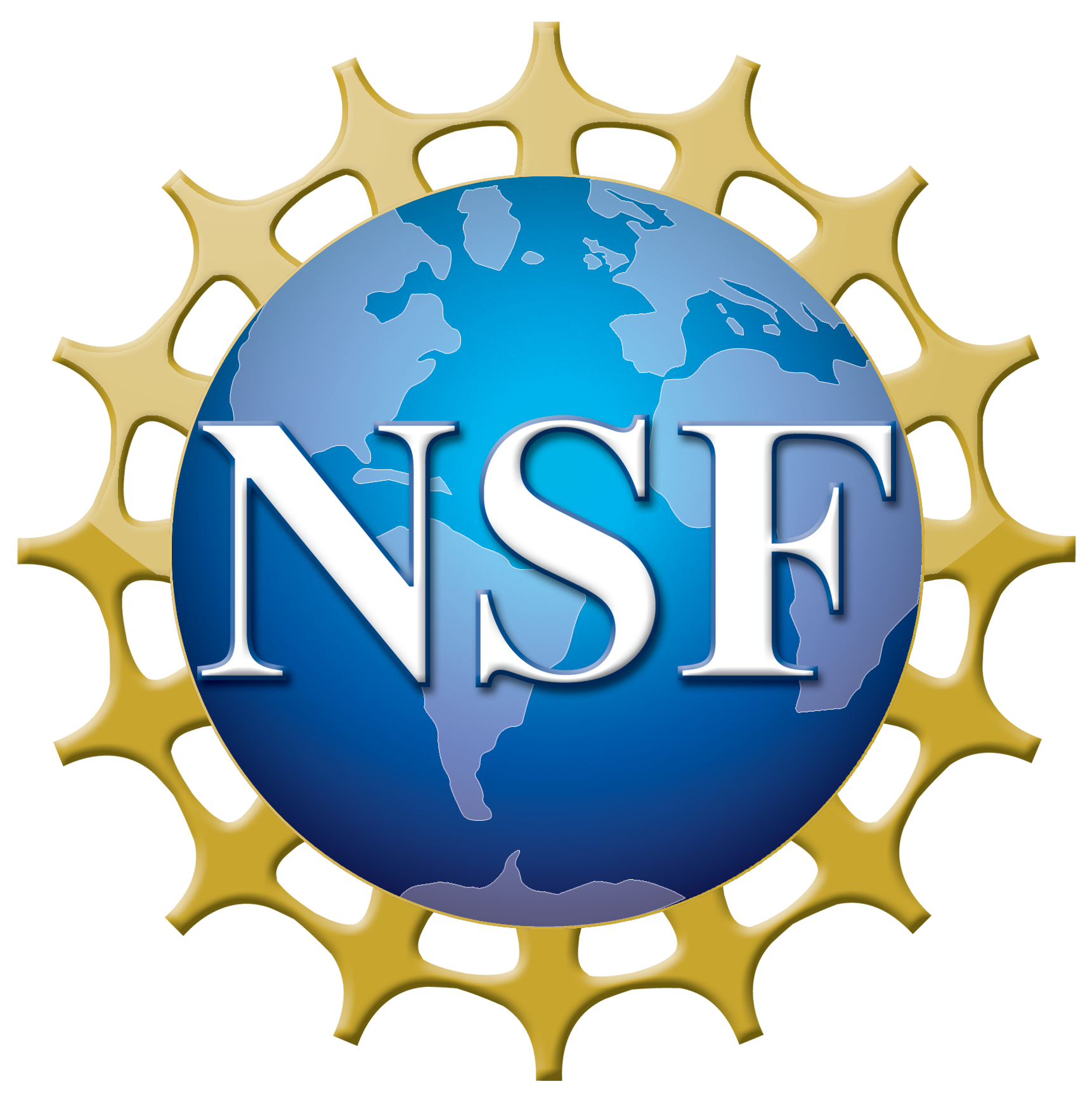 National Science Foundation (REU Site: Summer Research Program at PARADIM) under Cooperative Agreement No. DMR-2150446
National Science Foundation (REU Site: Summer Research Program at PARADIM) under Cooperative Agreement No. DMR-2150446


